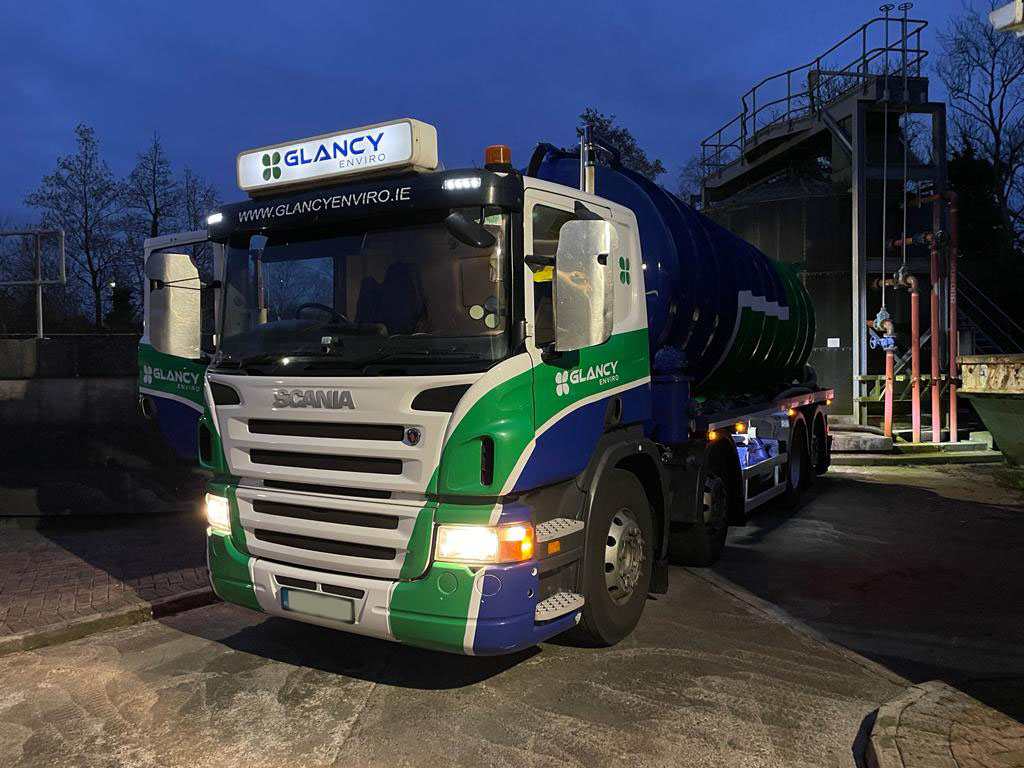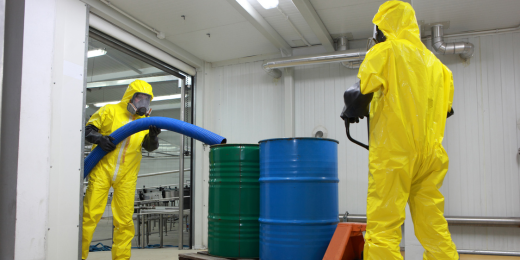Fascination About Reclaim Waste
Table of Contents5 Simple Techniques For Reclaim WasteReclaim Waste for BeginnersExcitement About Reclaim WasteThings about Reclaim WasteThe Of Reclaim Waste
Explore the kinds, incidents, and types of fluid waste. Residential sewage waste describes the waste and items from a property septic container. This kind of waste is produced by human beings in residences, institutions, and various other buildings. This only consists of septic systems that have a drain area. The proper management and disposal of residential sewage waste call for fluid waste to be moved to a sewage treatment plant where the correct techniques and devices are put on purify and deal with waste.
Industrial waste commonly consists of potential threats, such as flammable products or a blend of liquid and solid waste products, and calls for an extra innovative and comprehensive disposal process. The disposal of commercial waste normally involves the filtering of waste prior to transport to make certain risk-free and correct disposal. Industrial waste is created from results and runoff of commercial processes and manufacturing.
This kind of waste can not utilize the exact same sewer administration transportation or processes as septic or business fluids. The hazardous waste monitoring process needs the assessment and screening of liquid waste before it undertakes the disposal process (liquid waste removal melbourne). Runoff waste is the liquid waste that comes from overflow and excess stormwater in highly booming locations or cities
Runoff waste can create contamination and flooding otherwise handled properly. Discover more concerning sewage system cleaning and waste management. Making certain proper waste management can protect against catastrophes and reduce ecological damage. Both people in household settings and professionals in business or manufacturing markets can benefit from understanding the procedures and laws of liquid waste management.
Some Known Questions About Reclaim Waste.
Contact PROS Services today to learn more about our waste administration and disposal solutions and the appropriate ways to take care of the fluid waste you produce.
(https://fliphtml5.com/homepage/kekhp)Do you understand what happens to your water when you pull the plug, purge the commode or drain the cleaning maker? No? Well, it deserves recognizing. This so-called 'wastewater' is not only an essential source but, after therapy, will be launched to our land, rivers or the i was reading this sea. Used water from bathrooms, showers, bathrooms, cooking area sinks, washings and commercial procedures is called wastewater.

water used to cool equipment or clean plant and equipment). Stormwater, a type of wastewater, is overflow that streams from agricultural and city locations such as roofs, parks, yards, roadways, courses and gutters right into stormwater drains pipes, after rain. Stormwater flows without treatment straight to neighborhood creeks or rivers, at some point reaching the ocean.
Getting The Reclaim Waste To Work
In Queensland, most wastewater is treated at sewer treatment plants. Wastewater is transported from residential or commercial sites via a system of sewage systems and pump stations, recognized as sewerage reticulation, to a sewage treatment plant.
The Division of Natural Resources recommends city governments concerning handling, operating and maintaining sewerage systems and therapy plants. In unsewered locations, city governments may require householders to set up specific or household sewer treatment systems to deal with domestic wastewater from toilets, cooking areas, restrooms and laundries. The Division of Natural Resources authorizes using house systems when they are proven to be reliable.
In some new neighborhoods, treatment of some stormwater to get rid of litter, sand and crushed rock has begun making use of gross contaminant catches. Wastewater treatment occurs in 4 phases: Removes strong matter.
Uses little living organisms knows as micro-organisms to damage down and eliminate remaining dissolved wastes and great fragments. Micro-organisms and wastes are integrated in the sludge.
Some Known Factual Statements About Reclaim Waste
Nutrient removal is not available at all sewage treatment plants due to the fact that it calls for expensive specialist equipment. Clear liquid effluent generated after treatment may still have disease-causing micro-organisms - industrial wastewater treatment.

Many wastewater moves into the sewerage system. Under the Act, local governments provide approvals and permits for environmentally pertinent activities (Periods) entailing wastewater releases that could have a neighborhood effect.
Things about Reclaim Waste
Tracking supplies factual information concerning water quality and can confirm that licence conditions are being met. The info gotten through surveillance supplies the basis for making water quality decisions.